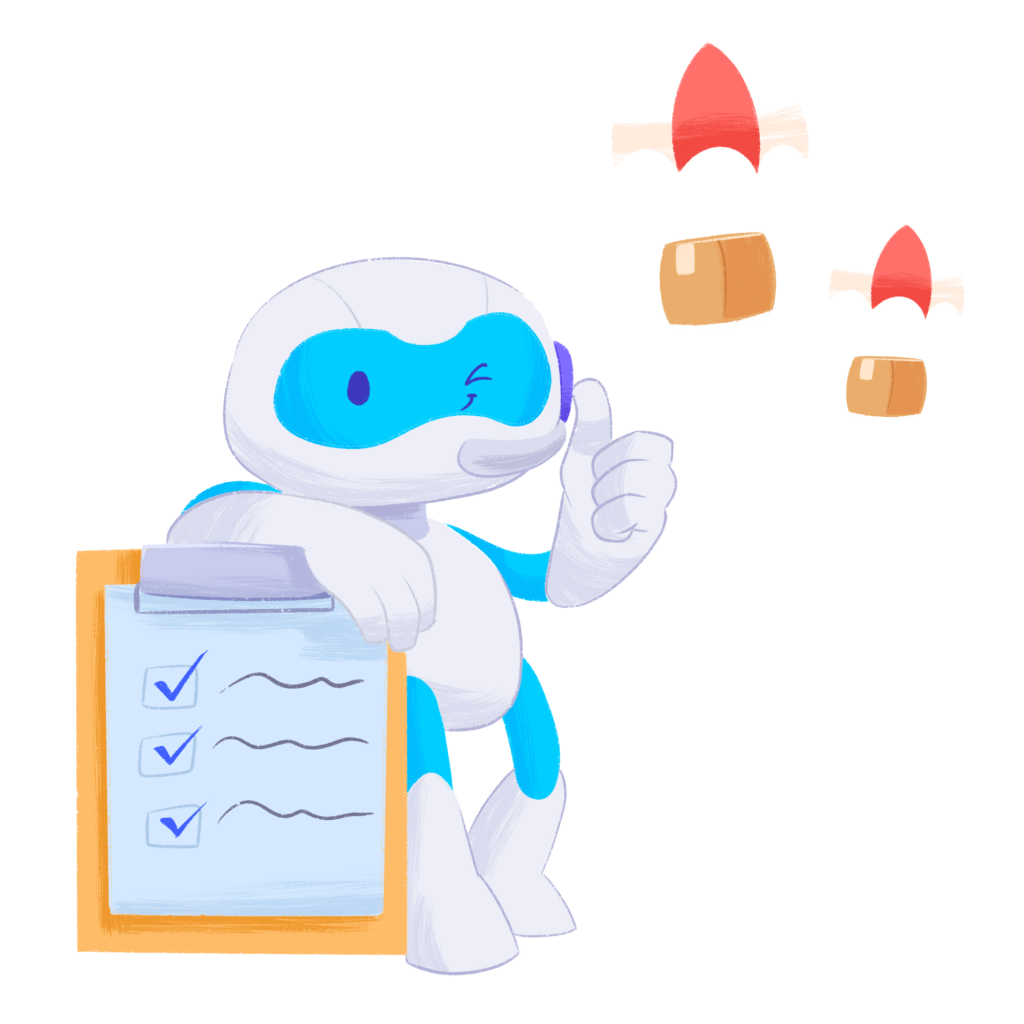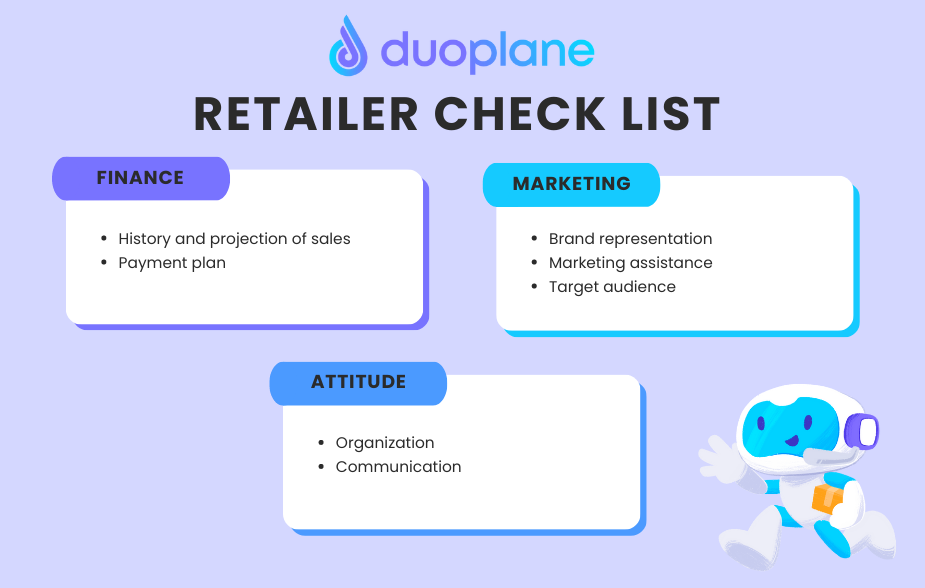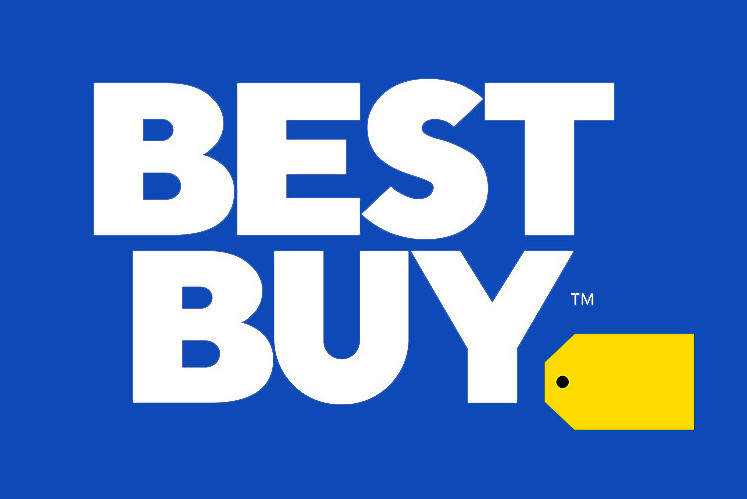Sep 06, 2022 | 6 min read

At its most basic, a retail partnership is a collaborative agreement between companies with a complimentary but non-competitive audience. (There is a reason why you don’t see Doritos at your local health food store).
Each party depends on the other for different reasons. Retailers depend on vendors for quality products, high-resolution product images, fast shipping times, and accurate inventory and tracking information. Conversely, vendors rely on retailers for brand exposure, marketing, press, and maximizing sales volume.
However, the overall goal of retail partnerships for both the vendor and retailer is to provide the best experience for their mutual customers.
You may be thinking: I supply quality products, have a strong performance history, and have a good customer satisfaction record. Why should I care about who my retail partners are?
Any business relationship should be well thought out and researched. You and your retail partners may align in shared goals, but it’s essential that they also send you orders on time, their expectations are clear, and they’re receptive to check-ins.
Ultimately, vendors should put in substantial effort when choosing a retail partner to ensure the partnership is mutually beneficial. Does this retail partner have brand integrity? Will they make life easier for you? Do they have a reliable operating cash flow? These factors will help you work together efficiently and ensure top-tier customer service.
Duoplane can automate sending POs, inventory syncing, & shipment feeds. Get in touch with us to start your free trial!

Various qualifications can make or break a successful retail partnership. For your convenience, we have organized them into 3 categories: finances, marketing, and business attitudes.
Before you partner with a retailer, you should ask them for proof to back up their sales pitch. This is your opportunity to find out how well your prospective retailer has reached your target audience with your product type in the past. Consider asking questions such as: What sales do you project in the next year, and how did you arrive at this estimate? Do you have a lot of repeat customers? What can I expect to get out of distributing my products with you?
You must have a well-defined payment agreement in place. The agreement should include questions like How much money is being paid and when? What is the procedure if retailers are late on payments? What efforts will they make to avoid late payments?
When you take on a retail partnership, you also outsource a large part of your brand representation. To keep your brand representation in check, you will want to ensure that your products are adjacent to good brands in-store and online and that your retailer is committed to portraying your products attractively. For example, they could feature your product on the homepage, in newsletters, and coordinate promotions to increase brand value.
While the aesthetics of brand representation are critical, the top priority should be a great customer experience. Because you and your retailer share a mutual customer, you have to be equally committed to quality service for your reputation and customer satisfaction to thrive.
Firstly, you will want to determine if your prospective retailer has strong marketing, advertising, and PR teams. From SEO to email marketing to press releases, you will want to find a retailer who is well-versed in your target market and knows how to frame your products to appeal to them.
Importantly, it would be best to ask your retailers how they will assist in executing marketing efforts. If they have any extra costs associated with marketing promotions? How can you ensure that they are marketing your products correctly?
Ensuring that your prospective retailer attracts your target audience is crucial to success. You would not want to pitch a Pandora bracelet to people shopping at Cartier.
You must choose retailers where your products will be the most well-received and garner the most attention from your ideal customers. A good starting point would be to research your competitors and to whom they are supplying. For instance, most health food products want to get on the shelves of Whole Foods. You should explore how to get your products on their shelf. Alternatively, look at your competitors’ retail partners and find what qualities they have that you want in your prospective retailers.
We’ve been the industry-leading solution to automate dropshipping operations for over 12 years. Check out our reviews page to learn why our clients love us.

An organization with a retail partner is critical for a variety of reasons. Firstly, you will want a retail partner that pays you on time using the specified system. Additionally, you will want to ensure that your retailer has sound internal systems to track information. This allows them only to sell in-stock items and keep on top of their order statuses.
Lastly, finding a well-organized retailer who works with your existing systems is key. Ideally, they would be integrated with your backend systems, send you orders in your desired format, and receive data from you in the same way you have already generated it.
Just like in any partnership, good communication is the backbone of success. This includes everything from clearly setting your expectations upfront to avoiding redundant questions. For instance, your retailers should not ask for individual inventory updates when you have already sent them the entire feed.
Some companies find partnering with retailers in the same geographic area or time zones easier for consistency and convenience.
You and your retailers must be transparent about your expectations from the beginning. One way your retailers can outline their expectations, policies, and goals is through a vendor agreement. Click here to learn more about them in our blog article.
Another way that you, as a vendor, can let your retailers know your expectations is by completing a retailer scorecard. Click here to view our free, downloadable template.

Now that you have all the information on paper about finding an excellent retail partner, let’s see how these partnerships play out in the real world. The success stories below highlight how strategic retail partnerships mutually benefit both parties and their shared customers.
Upon the release of Amazon Fire, the company wanted to expand its sales in retail stores, and who better to contact than BestBuy?
BestBuy programmed their in-store TVs with Amazon Fire TV. In return, Amazon provided these BestBuy products with preferential treatment on their site, increasing exposure and sales. In other words, Amazon was able to break into the retail space by storm, and BestBuy earned a highly sought-after featured slot on Amazon.com.


As you may know, Casper is a leading mattress brand, but it has no physical retail stores. While its strictly online and easy return model makes mattress shopping easy, many people are still skeptical of buying a mattress they have never tested.
To showcase its products in person and appeal more to traditional shoppers, Casper partnered with West Elm, a high-end furniture brand with a reputation for quality. In exchange for helping Casper reach new potential customers and cater to the try-before-you-buy shopper, West Elm earned a huge sales and marketing boost from Casper’s prospects.


So, you’re all about creating and building cool relationships with retailers to dropship your stuff? Then you’ve gotta see what Duoplane can do for you. We help retailers by sending purchase orders to you automatically, keeping your inventory levels matched up, and making the transfer of tracking info super easy. Give your retailers a heads up about us and we’ll get them up and running in no time. Want to know more? Just hit the ‘Features’ tab in our main navigation menu. Check it out!
This post was last updated on Jul 21, 2023.
Dropshipping is a type of ecommerce partnership where retailers don’t keep the products they sell in stock. Instead, they partner with vendors who handle inventory and shipping. This model allows for a streamlined collaboration between vendors and retailers, ensuring a smooth customer experience. Retail partnerships in dropshipping involve vendors supplying quality products and ensuring timely deliveries, while retailers handle brand exposure, marketing, and sales.
Dropship retail partnerships offer vendors numerous advantages. Not only do they get a platform for brand exposure and marketing through the retailer, but they can also maximize sales volume without worrying about retail logistics. This ecommerce partnership ensures that vendors can focus on product quality and timely deliveries, while the retailer takes care of sales and customer relations.
When dropshipping vendors seek an ecommerce partnership, they should prioritize retailers with a reliable history and projection of sales, a clear payment plan, and effective marketing strategies that align with the vendor’s brand representation. Furthermore, it’s essential to ensure that the retailer attracts the vendor’s target audience and possesses efficient organizational systems and good communication practices.
Two prime examples include the collaboration between Amazon and BestBuy and the partnership between Casper and West Elm. Amazon, primarily an online platform, joined forces with BestBuy, a brick-and-mortar giant, to mutually expand their reach. Meanwhile, Casper, an online mattress brand, partnered with West Elm to showcase its products physically, catering to traditional shoppers and expanding its customer base.
Duoplane is a specialized platform tailored for retailers who dropship. It aids vendors by automating the process of sending purchase orders, ensuring accurate inventory levels, and simplifying the transfer of tracking information. For vendors looking to strengthen their ecommerce partnerships with retailers, Duoplane offers tools and features to make collaborations more efficient and customer-focused.
Duoplane is a dropshipping automation software built by dropshippers, for dropshippers. We’re here to help you streamline your ecommerce retail fulfillment operations and automate order routing, inventory syncing, shipment feeds, and more.
Don’t just take our word for it – check out our reviews and case studies to learn why we’ve been the industry-leading solution for over 12 years, assisting over 300 retailers in onboarding over 2000 vendors and 3PL warehouses.
Experience the best dropshipping automation software risk-free with our 14-day free trial. Our dedicated onboarding specialists will guide you through the setup process, ensuring you’re ready to hit the ground running.
IF YOU DROP SHIP,
THEN YOU’LL LOVE DUOPLANE.
Duoplane intelligently and automatically routes orders to the right vendor or warehouse.
Keep everyone on the same page and save time by allowing vendors to manage their orders.
Automate vendor inventory feeds to keep your product catalog accurate.
Stay on top of your books by connecting with your accounting system to sync vendor invoices.
Streamline your operations and centralize orders from all of your e-commerce channels
Manage the full order cycle, including changes, shipments, returns, and order exceptions.
Duoplane connects to your existing systems to minimize manual effort by you or your team.
Provide feedback to vendors using actionable performance metrics.
Curious what Duoplane can do? See for yourself with a free trial.
Get in touch with us today!